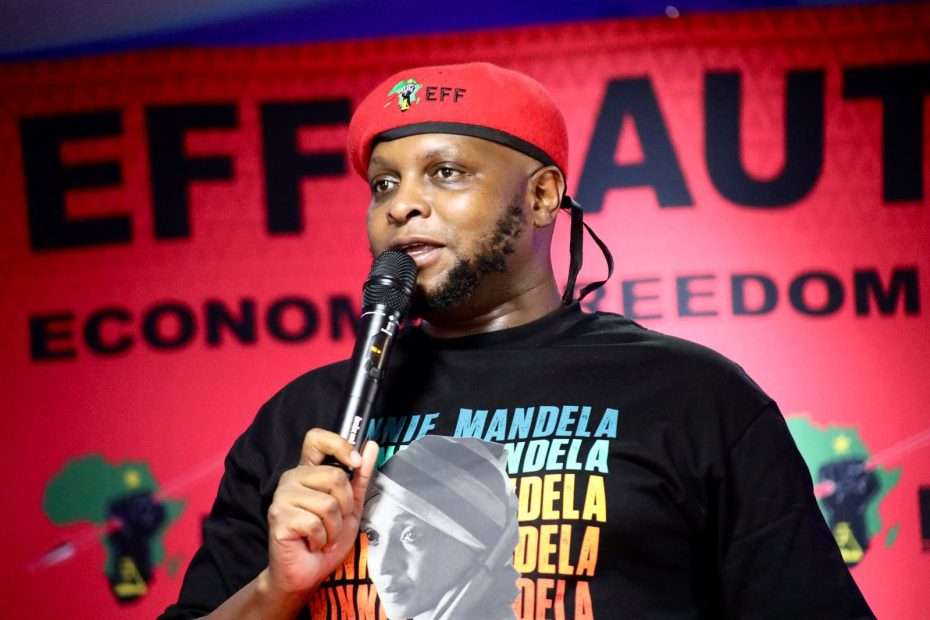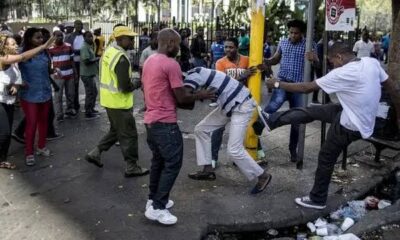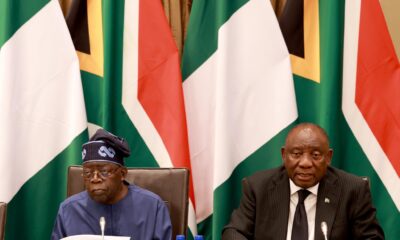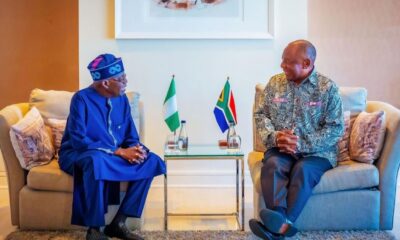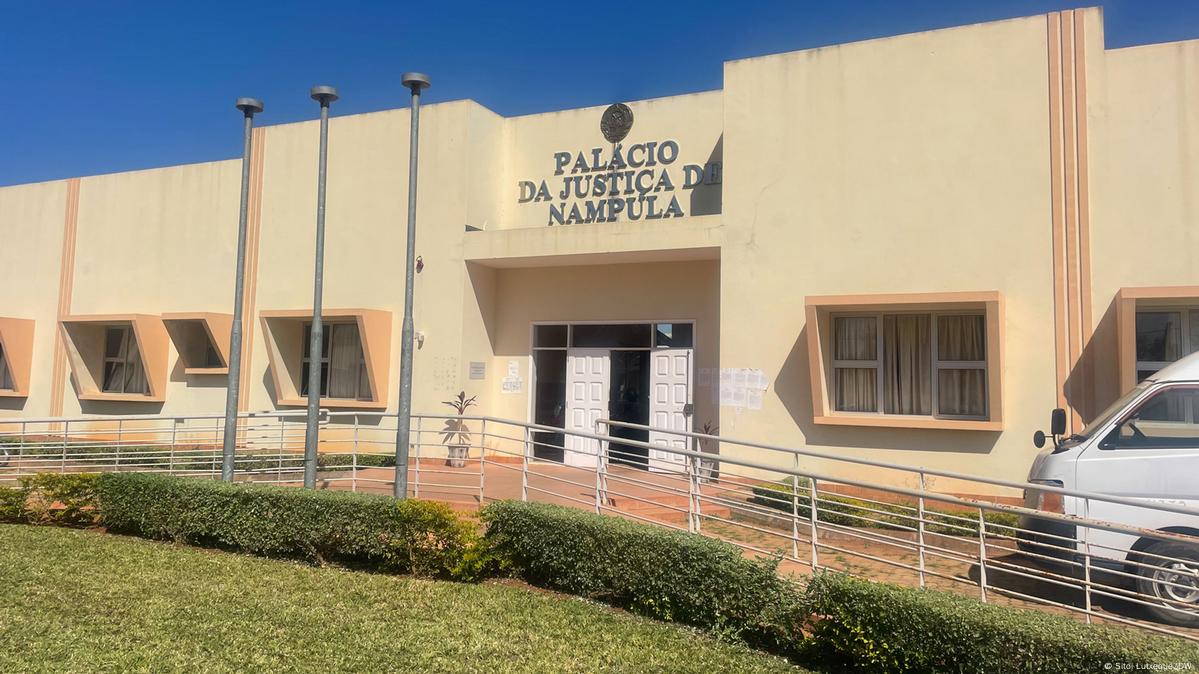In what political observers have described as a “party coup,” the deputy leader of the Economic Freedom Fighters (EFF), South Africa’s radical opposition party, announced his resignation to join former president Jacob Zuma’s uMkhonto weSizwe (Spear of the Nation).
The departure of Shivambu is a setback for Julius Malema’s marxist EFF. In the national election held in May, the EFF’s vote share dropped to less than 10% while the newly established MK party soared to become the third-largest party in parliament.
A leftist opposition coalition led by the business-friendly Democratic Alliance and the long-ruling African National Congress (ANC) was created following the election, and EFF and MK are members of it.
However, Shivambu’s move highlights MK’s growing appeal, which mostly capitalises on Zuma’s standing in KwaZulu-Natal, his home province.
“This is a testing moment, … the EFF will have to pass this test or it will have to die,” Malema told reporters at a news conference.
This year, Zuma was kicked out of the ANC for leading MK, which performed better than anticipated in the election and was crucial in lowering the ANC’s vote share below 50%.
Similar policies are pursued by the EFF and MK, including as nationalising banks and mines and taking land for the benefit of Black farmers. Both of them argue that three decades after apartheid ended, “white monopoly capital” continues to control South Africa’s riches.
There has been a legal tussle between the ruling ANC and Zuma’s new party. The ANC claims that the newly formed party failed to register in September, therefore calling for its disqualification. Using the name of the ANC’s now-disbanded military wing, which Nelson Mandela had formed, MK caused discord within the party.
MK performed better in the poll than anticipated, garnering almost 15% of the vote, which played a significant role in the ANC losing its majority for the first time since the apartheid era.

